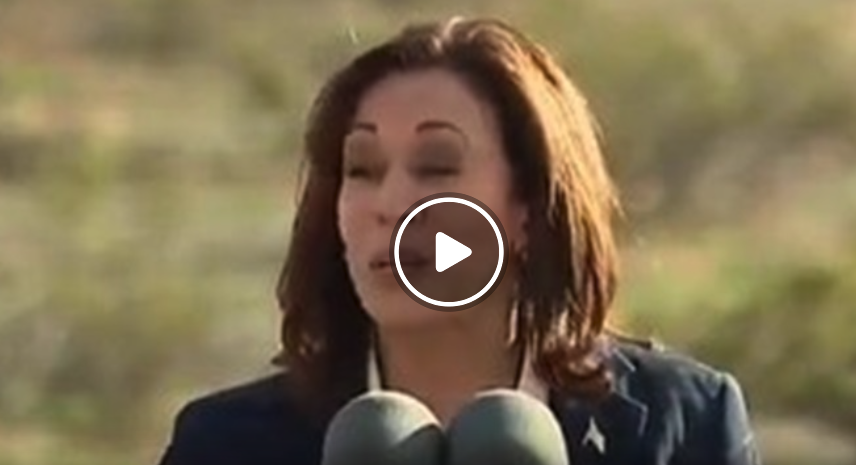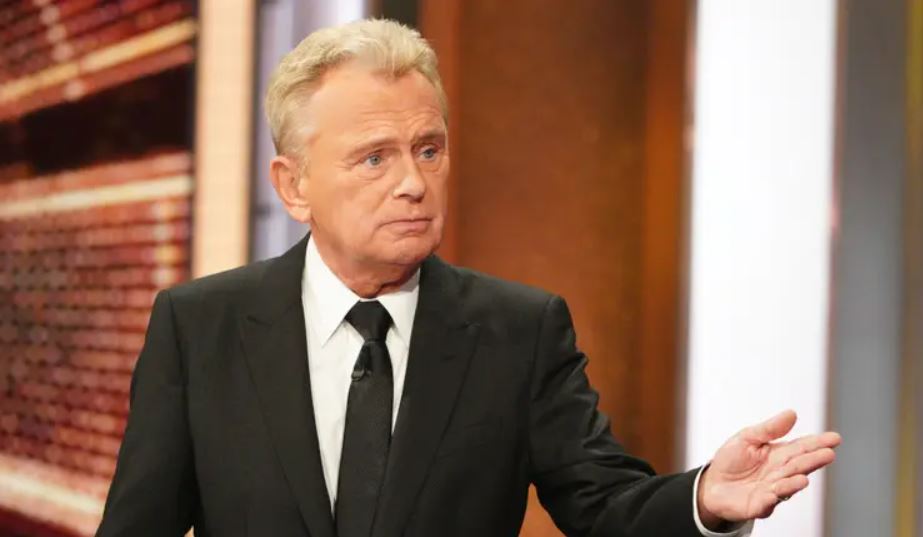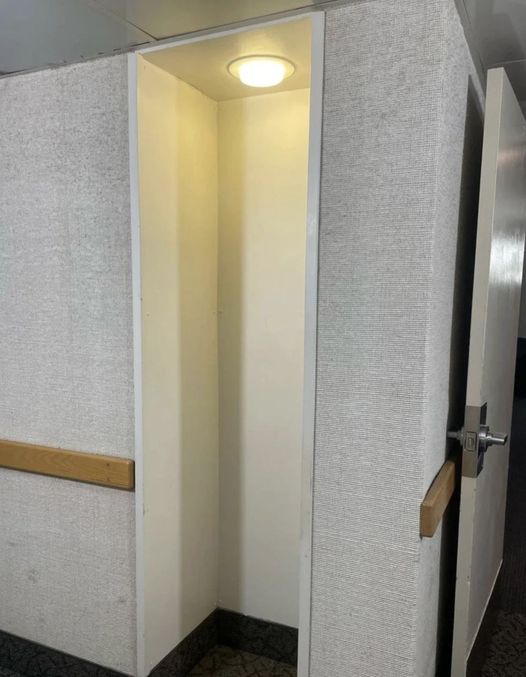In today’s world, social media has become an incredibly powerful force when it comes to shaping public opinion. We have witnessed countless instances where public figures find themselves at the center of a social media storm, and Vice President Kamala Harris is no exception.
Recently, a video clip capturing what some described as an ‘oblivious’ moment of Vice President Harris went viral, leading to a flurry of online discussions and humor. In the world of social media, every move a public figure makes is closely watched and dissected, and the reactions can be swift and widespread. Twitter and Facebook, in particular, were flooded with memes and jokes as people shared a laugh with others in the digital community.

As expected, this incident generated a wide range of reactions. Supporters of Harris rushed to her defense, highlighting that everyone has moments when they are not fully aware of their surroundings. On the other hand, critics seized the opportunity to question her competence and awareness as Vice President.
This viral moment serves as a powerful reminder of the immense influence of social media. In today’s digitally connected world, a single video clip, often taken out of context, can significantly shape public opinion and trigger a wave of both positive and negative reactions.
Regardless of where one stands on Harris and her politics, it is important to recognize that social media will continue to play a substantial role in shaping public perception of public figures. This incident is likely just another hurdle on Harris’s political journey, which, like any other journey, has its fair share of ups and downs.
What we must not forget amidst the frenzy is the human aspect behind these stories. Politicians, celebrities, and individuals in the public eye are not immune to imperfections. The internet can be quick to judge, but it is crucial for us to extend understanding and grace to everyone, acknowledging their humanity.
As the latest viral clip takes over the internet, it is essential for us to reflect on how we engage with and react to such moments. Are we contributing to a conversation that builds up or one that tears down? The choice is ours to make, and it is up to us to use social media responsibly and with empathy.





